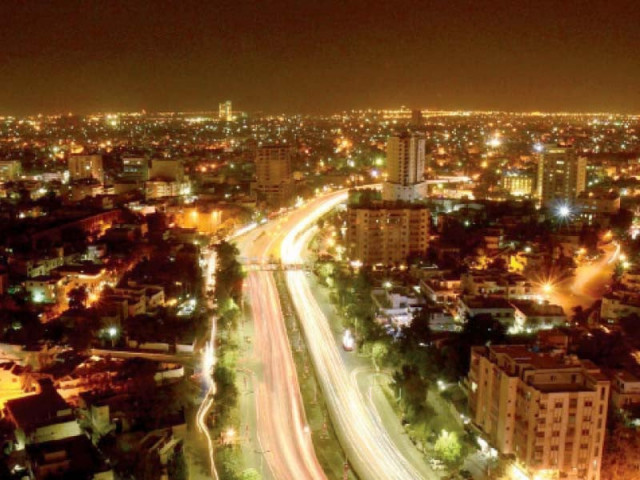Economy and political turbulence
There is hope continuity of political process may ease economic woes

The economy has been facing political turbulence since long. Every passing day brings a renewed rumour of default.
It is strange that people talk about default without knowing its deleterious consequences. Media commentators, analysts and even economists have painted a bleak picture of the economy and drawn parallels between Pakistan and Sri Lanka on a number of occasions. However, the perception has not been aligned with reality to date.
The international economic and political environment has been impacting the economy a great deal. For instance, earlier the commodity super-cycle and later the Russia-Ukraine war created lots of difficulties for economic managers across the developing countries.
The accelerated prices of staple commodities and energy aggravated the miseries of people across many developing countries. Cash-strapped developing economies could not provide subsidies to the masses.
Even relatively stable countries were not in a position to dole out subsidies in a globalised world. These sets of circumstances are increasing political turbulence and Pakistan is not an exception.
The economy is constrained by the balance of payments (BOP) since it acts as a ceiling for the gross domestic product (GDP) growth. The ceiling means that this is the maximum level of attainable GDP without BOP difficulties.
The ceiling was around 4.5% back in 2006. Now, the ceiling has reduced to 3.8%, as reported by a study conducted by the researchers of the Asian Development Bank (ADB). The absence of structural reforms led to the reduction in ceiling.
The lower ceiling manifests a structural weakness in the economy. If we try to grow the economy beyond this level, the BOP will become a binding constraint.
Under these sets of conditions, either the country relies on foreign financing in the form of foreign direct investment (FDI)/ foreign portfolio investment or experience a depletion of foreign exchange reserves.
The successive governments could not pay attention to relaxing the BOP constraints facing the economy. These governments had two short-term fixes.
First, they could have slowed the economy down and run it below the ceiling. Second, they could have resorted to international financing.
These governments resorted to the second option to avert crisis. They did opt for the International Monetary Fund (IMF) programmes to get external financing for debt servicing and import payments.
The approval of IMF programmes paved the way for other multilateral, bilateral and commercial financing options. Among all these options, commercial financing is the most expensive one.
Most of the economists and commentators are of the view that the economy should grow in the range of 6% to 7% to reduce the level of unemployment. They did neither pay heed to the structural features of the economy nor the associated structural problems and even disregard the ceiling.
The successive governments pumped up the economy beyond 6% by ignoring the ceiling. They did that to rave about the economic performance just close to general elections.
The new government assumed office at a time of BOP difficulties and approached the IMF to avert the crisis.
The representatives of the newly installed government come up with a view that the previous government left the economy in the lurch. Now, we have to take tough decisions in the interests of the country and the situation will improve as our tenure advances.
In a nutshell, politics and economics are intertwined and could not be separated. The political process is slow and turbulent.
It is hoped that the continuity of political process may reduce the emerging economic problems. Any disruption will bring short-term gains at the cost of long-term losses. Let’s see how things unfold in the coming months.
The writer has worked as the Assistant Professor of Economics at SDSB, Lahore University of Management Sciences
Published in The Express Tribune, January 23rd, 2023.
Like Business on Facebook, follow @TribuneBiz on Twitter to stay informed and join in the conversation.



















COMMENTS
Comments are moderated and generally will be posted if they are on-topic and not abusive.
For more information, please see our Comments FAQ